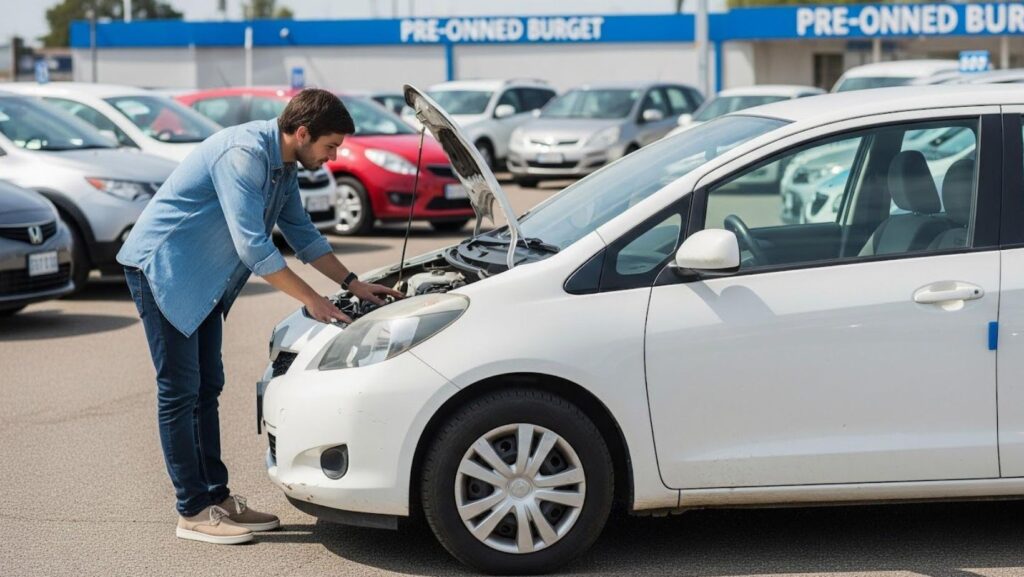
Money troubles tend to make the open road seem closed. Purchasing a car is not only about mobility; it is a restoration of order and an access to improved opportunities. However, for individuals burdened by past fiscal issues, the path to ownership is fraught with deviations and obstacles. Conventional lenders often turn down applications of individuals with less-than-perfect financial histories. This fact necessitates a change of approach, where mainstream avenues are abandoned in favour of more specialised, cognizant solutions. Preparation, patience and getting the right financial partner in your particular situation are keys to success.
Confronting Your Economic Past Honestly
The first step in this journey is to review your existing credit records. Review these reports carefully and verify that all entries are accurate and up to date. Are old debts recorded properly? Have any old judgments expired their reporting date? Having a complete understanding of what creditors see on your report will help inform your subsequent actions. For anyone on a formal debt management plan, please note that you will likely require additional permissions to open new lines of credit. A candid audit of your finances is the first necessary step on your journey.
Finding Lenders That See Your Current Situation
Conventional banks typically consider credit scores alone, which may result in automatic rejections. However, there are alternative financial sources that are more individualistic in their lending. These lenders understand that previous financial issues do not define your present financial situation. Instead, they focus more on your current income stability and actual repayment ability rather than past problems. As a result, specialised brokers are especially useful to individuals who want to get insight into lenders. For example, by enquiring about IVA car finance with CarMoney, you can gain access to their panel of approved lenders who specifically consider applications made by individuals who have completed debt management programs. These financial partners are aware of your efforts to improve your financial situation and are interested in your capacity to repay new loans rather than solely looking at previous issues.
Mapping a Truly Sustainable Budget
The amount of money you have been approved to borrow is a hypothetical figure; your own budget is the reality. Create a step-by-step monthly budget that encompasses all your current commitments, including rent, utility bills, and grocery expenses. The planned cost of a new vehicle should be incorporated into your budget without straining it. Crucially, factor in the total cost of motoring: insurance premiums (notably higher after credit events), annual taxation, fuel consumption, and inevitable servicing charges. An essential step is setting up separate savings for mechanical repairs. While many cars (new or pre-owned) come with a warranty, having additional funds can be helpful for issues that warranties may not cover.
Selecting a Vehicle for Stability, Not Status
When selecting a car, opt for practicality over emotion. Choose models with a reputation for mechanical reliability, affordable components, and low insurance group scores. Small cars with efficient engines tend to result in lower tax payments and improved fuel efficiency. Always ensure that you do not make a purchase without first conducting a thorough investigation into the history.
Transforming Payments into Progress
See each monthly payment as an investment into rebuilding your creditworthiness. Frequent and timely payments will ultimately demonstrate renewed credibility to the credit reference agencies. Automatic payments can be set up to ensure you never miss a deadline. Purchasing a car should be a tool that enhances your life and opportunities, not a source of dragging you into another financial crisis. You can attain dependable transportation and make a more stable economic future, step by step, through responsible budgeting and informed decisions.












